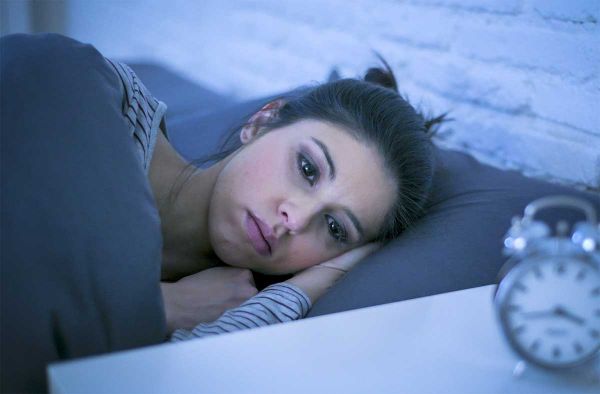 Bedtime is difficult for many people suffering with various mental illnesses, not only addiction. At night, lying in bed, our thoughts can easily turn to all the most difficult aspects of our lives. We ask the unanswerable questions, remember everything we’ve ever done wrong, and worry about getting enough sleep.
Bedtime is difficult for many people suffering with various mental illnesses, not only addiction. At night, lying in bed, our thoughts can easily turn to all the most difficult aspects of our lives. We ask the unanswerable questions, remember everything we’ve ever done wrong, and worry about getting enough sleep.
However, insomnia presents a particular problem for people struggling with addiction, as most sleeping pills are addictive. The entire benzodiazepine class, for example, constitutes some of the most abused substances. The so-called “Z-drugs,” while less addictive, are still liable to be abused, especially by those already struggling with addiction.
Also, many individuals start using substances at least in part to help get to sleep. Alcohol and other substances provide temporary relief, while worsening the problem in the long-term.
Fortunately, there are non-addictive ways to manage insomnia that work for people who have abused substances.
Sleep Hygiene
Sleep hygiene should be practiced by everyone, even those who do not struggle with insomnia. However, it is particularly important for those with sleeping problems. Sleep hygiene refers to the routines and practices that you follow at night to improve your ability to fall and stay asleep. Your body gets used to the routine and is able to identify that you are getting ready for bed.
Some of the most common sleep hygiene practices include:
- going to bed at the same time every night
- not using your phone or computer within an hour or so before you go to bed
- avoiding caffeine and other stimulants in the late afternoon and evening
- avoiding napping during the day
- exercising daily
Cognitive Behavioral Therapy (CBT)
Cognitive behavioral therapy (CBT) has been shown as effective for treating insomnia. CBT will provide you with techniques to challenge troubling thoughts, quiet your mind, and release your negative associations to sleep. Insomnia can be its own vicious cycle, as the more you worry about getting to sleep, the less likely sleep becomes. CBT gives you the tools to change these thought cycles.
CBT uses techniques like reality-testing (through which you test the validity of your troubling thoughts) and worry journals (in which you write down worrying thoughts at night to stop your mind from fixating on them). It requires work and preparation, and should be done with the help of a therapist who specializes in CBT.
They may also train you in mindfulness techniques to quiet the mind and to relax before bedtime.
Non-Addictive Supplements
While most prescription sleeping aids carry some risk of dependence, there are non-addictive supplements that can improve your sleep without negative side-effects. The most popular option is melatonin, which is a sleep hormone. Melatonin regulates the sleep cycle, notifying your body when it is time for bed.
Melatonin can help with insomnia, but is especially effective in improving your circadian rhythm. It has been shown to reduce the amount of time it takes to fall asleep, but if you have severe insomnia it is unlikely to be a perfect cure.
Non-Addictive Prescription Pills
Prescription sleeping pills generally build dependence. However, there are other medications that can treat insomnia that are not addictive. These are pills that treat other conditions and also have the effect of helping with sleep.
Seroquel is one such example. In its extended release form, it can be effective in regulating sleep on a uniform, nightly basis. The problem is that drugs like Seroquel are not prescribed for insomnia but rather for mood disorders and other mental illnesses. Therefore, if you are suffering from one or more mood disorders, your psychiatrist may prescribe these drugs at nighttime to treat both the mood disorder and the insomnia.
Speak to your psychiatrist to see if there are any such options for you. Many of these pills have side effects, and are far from ideal when not strictly necessary.
Treating insomnia is more tricky when you’ve struggled with addiction. However, there are effective ways of beating insomnia without requiring addictive pills.